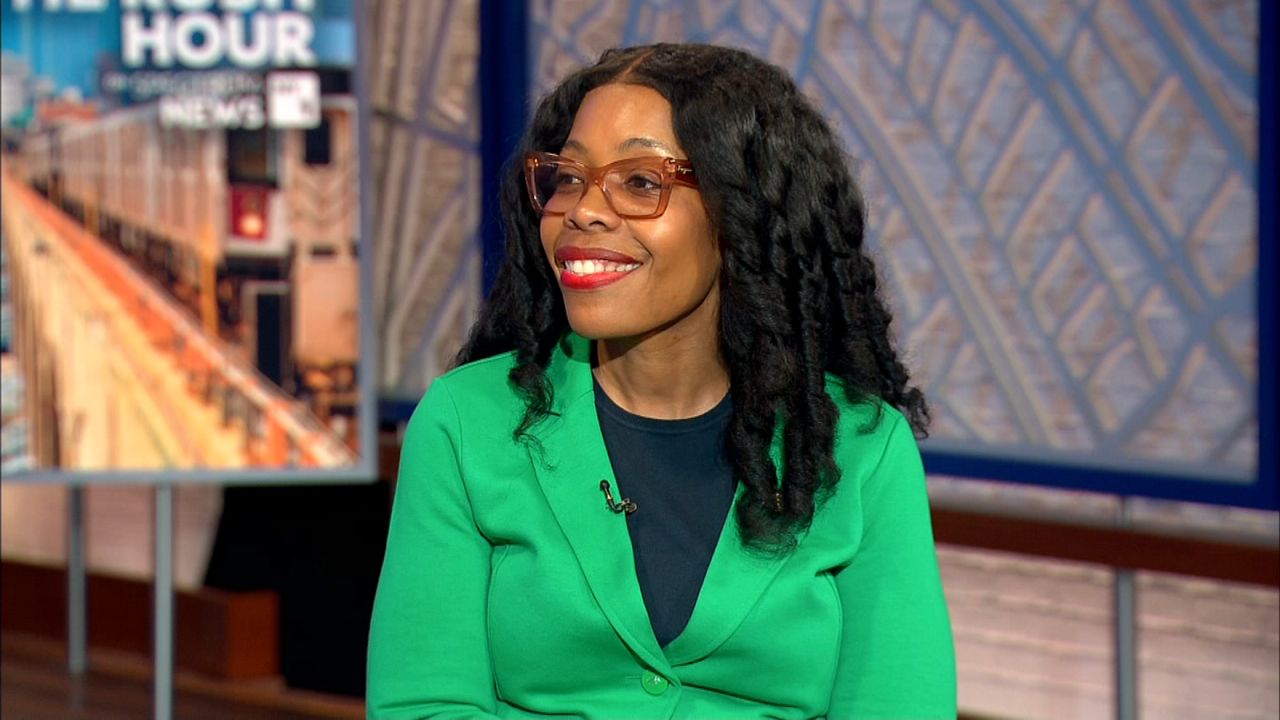As John F. Kennedy International Airport undergoes a massive makeover, to the tune of a $19 billion renovation, the Port Authority of New York and New Jersey has launched a program to bring in minority-owned small businesses from the community, to transform the types of concessions passengers will find in the new terminals.
The Port Authority is running a 10-week training program called the Institute of Concessions to recruit neighborhood food and beverage or retail businesses to work inside JFK Airport in two years. It’s part of the Port Authority’s $19 billion dollar investment to build a new JFK.
What You Need To Know
- The Port Authority is running a 10-week training program called the Institute of Concessions to recruit neighborhood food and beverage or retail businesses to work inside JFK in two years
- It’s part of the Port Authority’s $19 billion investment to build a new JFK
- Elena Barcenas, owner of Rincón Salvadoreño, a long-running Salvadoran restaurant in Jamaica, graduated from the Port Authority's program and is hoping to sell her pupusas inside JFK
Elena Barcenas' restaurant is one of 28 businesses to have graduated from the program so far. Born in El Salvador, Barcenas moved to the U.S. when she was 8 years old. Her restaurant, Rincón Salvadoreño, is an institution in Jamaica, having been around for 44 years.
Barcenas and the Port Authority say hers is the first Salvadoran restaurant still operating in the city. Her traditional food pulls in people from all five boroughs.
“We are known for our seafood soups, and we are also known for our carne asada,” she said. “Our tamales, and our pupusas.”
But she wants to attract people from all over the globe. It’s her pupusas she’s hoping to put on the world map at JFK, the country’s largest international gateway. The Port Authority's goal is to create a JFK that reflects the diversity that is Southeast Queens.
“It is an opportunity to make sure that local businesses are able to learn, and get trained on how to be a successful concessionaire, and then bid on, and compete for, and win opportunities to be that concessionaire,” said Hersh Parekh, deputy chief of intergovernmental and community affairs with the Port Authority.
“I’ve always dreamed of the airport,” Barcenas said.
But the dream is not without challenges, as the Institute of Concession’s program director tells NY1.
“The Institute of Concessions not only provides the training and the competencies, but also we bring in financial experts, we bring in financial entities to really talk to the businesses of the program, for them to understand how they can access that capital,” said Dianna Rose, the program coordinator for the Institute of Concessions.
Access to financing can still be a stumbling block for some of the businesses that have graduated from the program. The Port Authority says it will be a competitive process for dozens of slots for vendors of all different kinds, but that Barcenas has her pupusas in order, for hungry passengers to scarf down before they take off. Barcenas believes the sky's the limit for her business.
“I would love to represent my country with the pupusas,” Barcenas said.
The Institute of Concessions will hold at least one more session of its 10-week program. The next one is slated to begin in the fall.









_LLV_Dnt_Super_Speeders_Bill_Clean_134073220_675)